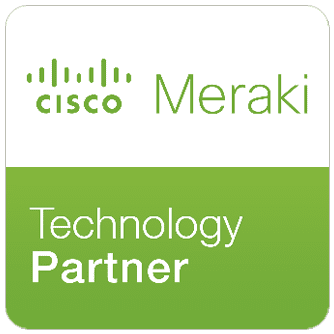

Identity PSKs, also known as iPSKs, are distinct pre-shared keys that are specifically generated for individuals or some groups of users sharing the same SSID. This feature provides the benefit of using the same SSID for all PSK related matters while at the same time allowing different keys and varying network rights among the users.
The iPSKs’ basic setup gets rid of complexities for the client and is suitable for IoT, BYOD, and guest deployments, and for the fact that most devices can support it. Our simple solution minimizes problems and lessens the dependence on continuous assistance for users who are not familiar with technology.
We can even simplify the onboarding more by creating CSV imports and mass key generation and printing .
Identity PSK or IPSK with WPN can be a more convenient and secure alternative to usernames and passwords for wireless network authentication. Although usernames and passwords are considered more secure, they can be bothersome for users, and some devices cannot support WPA2-Enterprise authentication. These factors increase the wireless overhead and reduce network security.
Identity PSK eliminates these concerns by serving as a typical WPA2 PSK SSID where clients are authenticated to a central server using their MAC address. It allows you to assign unique device keys, create identity-based groups, and scale them across the network. This authentication method is efficient, secure, and convenient for users while ensuring maximum protection.
WPN stand for Wireless Private Network , it allows each resident to onboard with a single WiFi KEY devices such as smartphones, computers, consoles, smart TV’s, Chromecast, printers, connected watches, connected speakers, etc that can then can seamlessly connect to a secure private bubble within the WiFi network and communicate with their devices.
The WiFi service for residents Students can be scheduled for future activation and will automatically deactivate on a specific date.
SpalshAccess automatically creates a “WPN config where students / tenants can communicate with their devices on the network, ensuring flexibility and control.
Partnering with all the leading API technology companies in the housing / student sector for enhanced Splash Access features and functionality.
Optional : Splash Access quickly authorises users onto the Meraki network, collecting customer data (name, email addresses etc.) as required.
Splash Access integrates into APIs from major marketing tools and social networks like MailChimp, Twilio, Facebook, Twitter and more
Everything you need to create secure easy to use secure networks . Create a solution that is up and working in only a few hours !
With the popularity of mobile devices and the vast expansion of IoT devices growing around us, from surveillance cameras, and point-of sale devices improving our retail experience to sensors and medical devices streamlining hospital performance, it has increasingly forced network administrators to re-think and develop multiple ways to onboard devices to the network, in areas within Healthcare, Education, Government and more.
The ability to segment users, providing a private ‘virtual bubble’ where users can communicate with their devices on the network and is an important factor in limiting vulnerability whilst still providing flexibility and control.
An uncomplicated, simplified security for IoT devices is made easier with IPSK.
